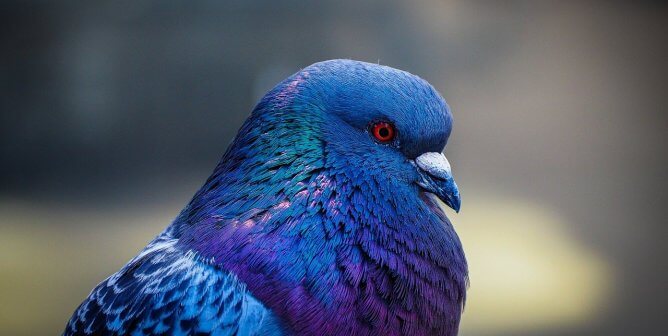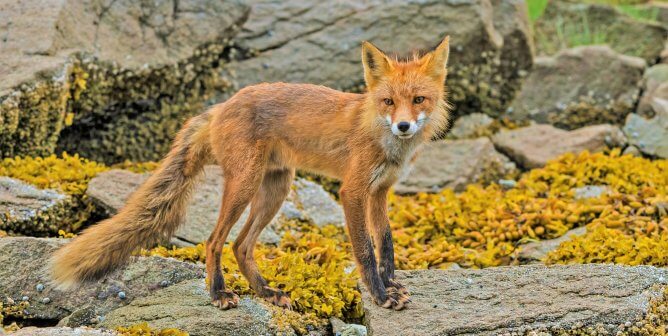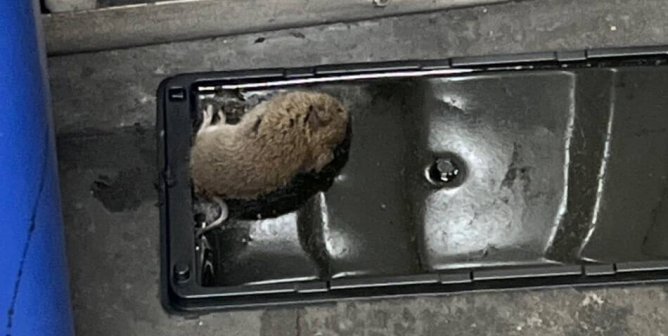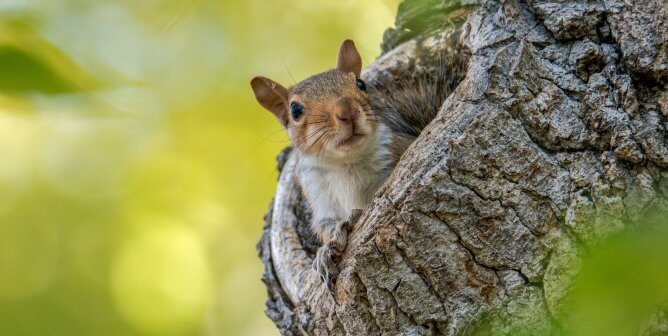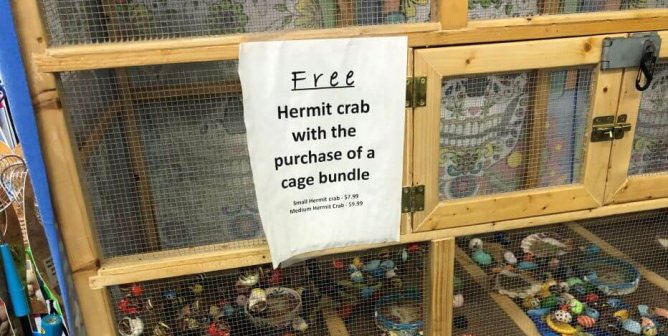Locating a Wildlife Rehabilitator
If you have found an injured or orphaned wild animal, please read our Wildlife Emergencies page to make sure that the animal truly needs help/rescue before attempting to capture and transport the animal to a wildlife rehabilitator.
Many animals do need immediate care, but often, well-meaning people with the best of intentions “rescue” young birds and mammals who, in fact, are perfectly fine and whose parents are probably foraging for food nearby. In most cases, young wild animals should be left alone.
If you’ve reviewed the Wildlife Emergencies page and have determined that the animal does need human intervention and care, please contact your local animal control bureau or licensed wildlife rehabilitator in your area.
If your state wildlife agency doesn’t list wildlife rehabilitators in your area, you can check for the nearest wildlife rehabilitators by going to the AnimalHelpNow website. You can also locate wildlife rehabilitators by visiting the National Wildlife Rehabilitators Association’s (NWRA) “Finding a Rehabilitator” page. NWRA’s Web site will take you through several methods for locating licensed wildlife rehabilitators in your city and state. You can also contact the NWRA central office at 320-230-9920.
The International Wildlife Rehabilitation Council can also help you locate wildlife rehabilitators. Visit its Web site at theiwrc.org and click on “Emergency.”


